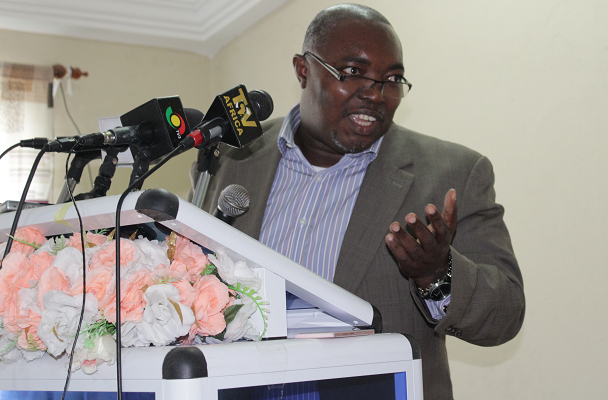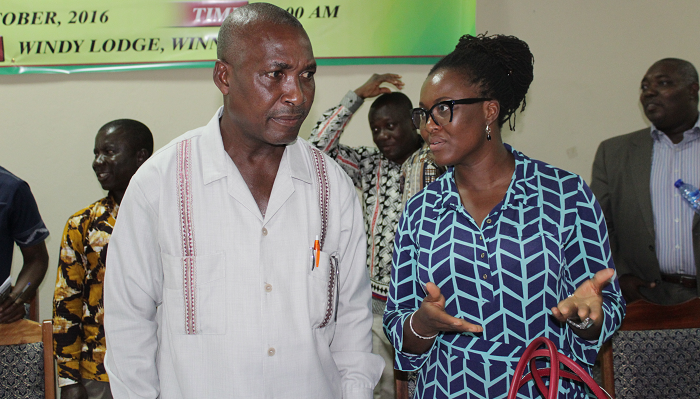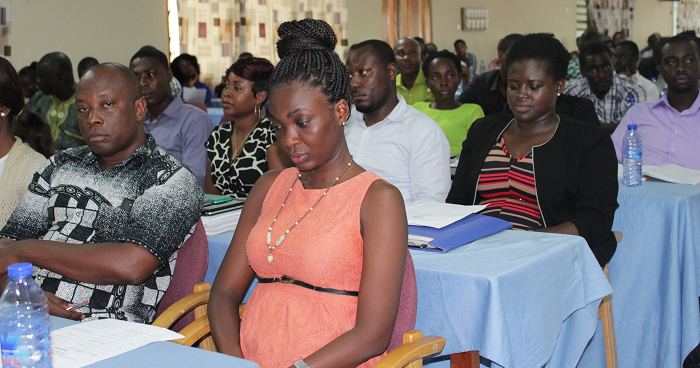
Seventh Ghana Living Standards Survey launched
A survey to collect data for monitoring the impact of state policies and programmes on the people was launched at Winneba yesterday.
Advertisement
Dubbed: the Ghana Living Standards Survey Seven (GLSS 7), the project will provide opportunities for the government to take informed decisions and formulate policies to address the needs of the people.
Launching the survey, the Deputy Government Statistician in charge of Operation, Mr Anthony Amuzu, appealed to the selected respondents to make it easier for data collectors to gather the right information, since any wrong information given would ultimately lead to wrong decisions that might affect the planning of the country's development agenda.
The GSS 7 will cover the period of 12 months from October this year to October 2017. In all, 1,000 data collectors have been trained to undertake the exercise.
The Ghana Statistical Service (GSS) has been conducting the GLSS since 1987 to collect data for monitoring the impact of policies and programmes on the welfare of the population.
So far, the GSS has conducted six rounds of the GLSS — 1987, 1988, 1991/92, 1998/1999, 2005/2006 and 2012/2013.
Mr Amuzu said the data collected “make available relevant data for informed decision making and the formulation of policies to address the needs of the population”.

Mr Anthony Amuzu, Deputy Government Statistician (Operations) (left), Mrs Teki Akuetteh Falconer, Executive Director, Data Protection Commission (right), having an interaction after the launch
Modules for GLSS 7
Explaining the modules of the GLSS 7, Mr Amuzu said the data collection would cover the entire country.
"One thousand enumerators to areas or clusters have been selected for the survey. Fifteen households will be interviewed in each cluster, making a total of 15,000 households," he said.
He said the survey instruments for the data collection would consist of household, community and price questionnaires.
"These instruments have been uploaded onto tablets for the data collection to ensure real-time data transmission, processing and analysis. This is to ensure the timely publication and dissemination of the survey results," he added.
He, therefore, called on community leaders to assist data collectors to gather the right information from selected respondents.

Respect households privacy
The Executive Director of the Data Protection Commission, Mrs Teki Akuetteh Falconer, urged the data collectors to protect the rights of the individuals from whom they obtained information.
"Make sure you do not abuse their rights by disclosing any information meant to be private,” he added.



